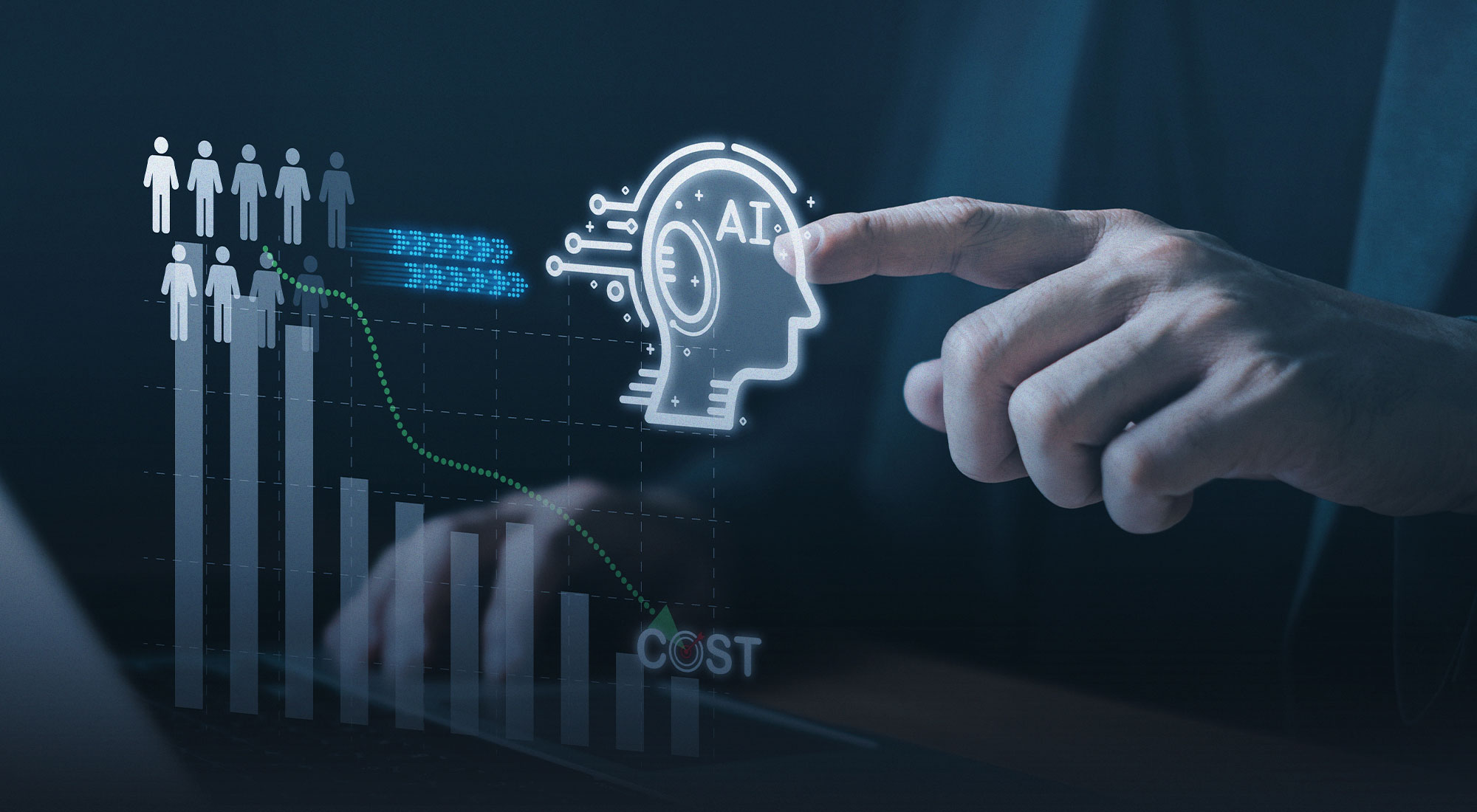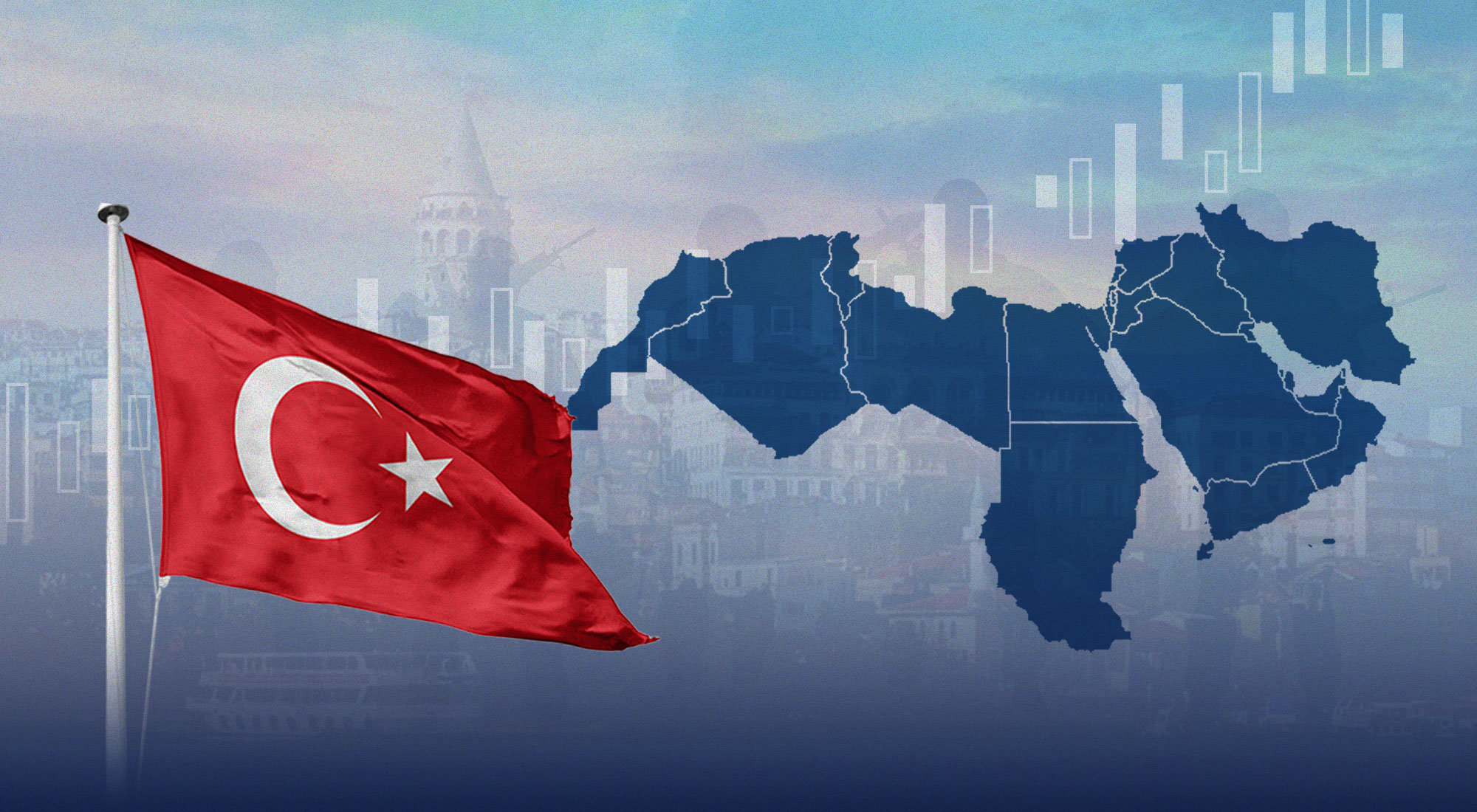Since the financial crisis in 2008, discontent and demonstrations demanding a better quality of life, more social equity and environmental justice have taken place all around the world, from Occupy Wall Street in 2011 to the Arab uprisings, and from the Brazilian street protests in 2013 to the People’s Climate March in New York in 2014. It is obvious that the entire ‘system’ – whether related to finance, climate, food, biodiversity or energy – seems to be in a crisis.
The main lesson we learned from the Arab Spring and other demonstrations is that any given country, globally, cannot achieve its national security without a strong and green economy. The green economy can achieve sustainable development with a better quality of life, real jobs, actual investments and social justice.
In the near future, the current trend of brown economy cannot persist. If a country doesn’t have a green economy, nothing else really will work and the country is very vulnerable to unrest, discontent, dissatisfaction, demonstrations among its citizens, cities…etc. at any time. In fact, GCC and UAE especially realized this early enough than many countries worldwide and started early since 2006 thinking of green solution with Projects like MASDAR.
The green economy is something the GCC states simply cannot afford to ignore. It is hoped that this blog will spark new dialogue, and inspire policymakers and researchers of the six Arabian Gulf States to look at the importance of the transition towards the green economy and its impacts of national security.
Governance of the Green Economy in the Gulf
For several decades now, the six member states of the Gulf Cooperation Council (GCC) – Bahrain, Kuwait, Saudi Arabia, Oman, Qatar and the United Arab Emirates (UAE) – have been financing their socioeconomic development with hydrocarbon exports. While their high reliance on external oil and natural gas revenues has exposed these countries to economic vulnerabilities, the revenues have also enabled the GCC states to build modern infrastructure, sustain high levels of welfare for their nationals, and exert regional and global influence through sovereign wealth and investments. Given their hydrocarbon wealth, the GCC states have built economies that are energy-intensive and rely on a comparative advantage of cheap energy. Similarly, they have allowed domestic energy prices to remain low, creating hard-to-rid patterns of overconsumption of fuels and utilities and locking in energy-intensive infrastructure and industries.
In general there are some important enabling conditions and policies that have to perused if a country aim to shift its economy to a greener one, these include for instance:
From a Gulf perspective, what are the essential conditions and enablers for a green economy? Arguably, these can be synthesised into governance and financing. Good governance, accompanied by what this blog calls ‘green policy’, consisting of enabling public policies and conditions, is a fundamental requirement for any green economy transition.
It can be argued that governance is crucial to the success of any country’s development. In short, governance can be defined as the ‘design and execution of common activities in order to achieve a common goals’. In order for governance to be successful, a number of preconditions need to be fulfilled. These include: common agreement on general goals; engagement of all stakeholders in shaping and executing these goals; adoption of various policies to achieve these goals; establishing a clear and correct allocation of authorities and responsibilities; agreeing on common rules, institutions, customs and values; and resorting to negotiation in case of disagreement between stakeholders.
Why the transformation towards a green economy is important for GCC states?
- Like other countries worldwide, there is a concern for the environment degradation and the path towards a sustainable development path. GCC economy especially is highly vulnerable to climate change, degraded natural capital and resource constraints such as water and arable land, the wellbeing depends on the quality of the environment and on natural resources.
- From scientific, logical and practical points of views, many of the transformations required by green economy are going to happen anyway. So, it is logical to make structural reforms in a way that drives and harmonize the transition towards a low-carbon, resource-efficient green economy within the economy and between various sectors.
- There are short-term costs, but these are lower than the business as usual scenario and delay in the transition towards a green economy is definitely will be even more costly.
- The rest of the world is moving in this direction. This is clear from many innovations in various fields related to clean, green, low carbon emission industries, energy and policies. The GCC states risk losing or falling behind more and more if not presuming the path towards green innovations. Not only that but GCC have the chance to grip the benefits of acting early enough and thus having a competitive advantage in key areas of green innovation and technology.
- Perhaps more than in any other region, energy has a pivotal role in any kind of green transition in the GCC. Beyond its unsustainable dependence on fossil fuels, the states of the Arabian Gulf region are currently facing a number of sustainable development challenges, some of which are traditional and others new or emerging. Traditional challenges, which have persisted already for decades or more like oil pollution, water scarcity, food sovereignty, desertification, high levels of migration and dependence on foreign labour, unemployment (among GCC nationals), regional instability, and challenges in the provision of health and education services. Among more recent, emerging challenges are the ongoing Arab Spring, the global financial crisis, climate change, waste (construction, household and hazardous) and, perhaps most surprisingly, domestic energy security.
- Most importantly, given the vast potential for solar energy, renewable energy can play a key role in the shift towards a greener economy in the GCC. Indeed, given the key role of energy in socioeconomic development, especially in the Gulf, it can be argued that a simultaneous shift in the energy sector is a precondition for any green transition. Since the energy sector affects all other sectors, a green energy sector is very likely to have positive ‘spill-over effect’ on the other sectors too.
- The UAE will not slow the pace of its drive for improvement. In the economic and government sphere, the UAE will build on sectors of excellence to export its model abroad, while constantly evolving to create new competitive advantages.
- Legal frameworks and government services will be designed to provide businesses with the efficient environment that they need in order to grow, thrive and commercialize innovative ideas. The UAE will become one of the best places in the world to do business.
- The UAE will nurture high quality of life built on world-class public infrastructure, government services, and a rich recreational environment. The UAE government should provide citizens with world-class infrastructure, services, and leisure resources, creating a rich environment in which they can enjoy well-rounded and fulfilling lives.
- Emiratis will benefit from customer-focused government services whose quality is rigorously monitored and constantly improved. Interactive eGovernment will provide citizens with an especially responsive and efficient channel of service from public authorities.
- We want the UAE to transform its economy into a model where growth is driven by knowledge and innovation. Productivity and competitiveness will come to rival the best in the world, as a result of investment in science, technology, research and development throughout the fabric of the UAE economy.
- Outstanding information and communication infrastructure will network our businesses together and give them a leading edge as they transact and interact with the world.
- Conclusion
- Abdel Gelil, Ibrahim, Farid Chaaban, and Leila Dagher. 2012. ‘Energy.’ In Arab Environment: Green Economy: Sustainable Transition in a Changing Arab World, edited by Hussein Abaza, Najib Saab, and Bashar Zeitoon, 75–112. Beirut: Arab Forum for Environment and Development (AFED).
- Abdel Raouf, Mohamed. 2013. Green Policy to Balance Energy and Environment Needs: The Case of the United Arab Emirates. Abu Dhabi: The Emirates Center for Strategic Studies and Research (ECSSR), June. In Arabic.
- Abdel Raouf, Mohamed. 2014. ‘UAE Takes the Lead in Going Green.’ Gulf News, 26 February. http://gulfnews.com/
- Abaza, Hussein, Najib Saab, and Bashar Zeitoon, ed. 2012. Green Economy: Sustainable Transition in a Changing Arab World. Beirut: AFED.
- Commission for Sustainable Development. 2013. Arab Regional Implementation Meeting for the Twentieth Session of the Commission for Sustainable Development (CSD-20), (Rio +20) follow-up meeting, 29–30 May, Dubai, United Arab Emirates.
- Daly, Herman A. 2005. ‘Economics in a Full World.’ Scientific American 293 (September): 100–107.
- The GEF. 2014. ’What is the GEF.’ Accessed 13 October. http://www.thegef.org/gef/whatisgef
- Global CCS Institute. 2014 ‘Large Scale CCS Projects.’ Accessed 7 December. http://www.globalccsinstitute.com/
- Global Footprint Network. 2012. ‘Footprint Basics – Overview.’ 18 July. http://www.footprintnetwork.org/
- Luomi, Mari. 2012a. The Gulf Monarchies and Climate Change: Abu Dhabi and Qatar in an Era of Natural Unsustainability. London: Hurst.
- Rio+20. United Nations Conference on Sustainable Development. 2012. ‘Objective & Themes.’ June. http://www.uncsd2012.org/
- The National, “UAE Cabinet sets out its 2021 vision”, http://www.thenational.ae/uae/government/uae-cabinet-sets-out-its-2021-vision.
- UAE MOE. Ministry of Energy of the United Arab Emirates. 2014. ‘UAE Sets Target of Producing 24% of its Electricity Needs from Clean Sources.’ Press release, 27 July.
- UAE government, “UAE vision 2021”, http://www.vision2021.ae/en
- UN SD Knowledge Platform. United Nations Sustainable Development Knowledge Platform. 2014. ‘Green Economy.’ Accessed 18 August. http://sustainabledevelopment.un.org/
- United Nations Department of Economic and Social Affairs. 2014. World Urbanization Prospects: The 2014 Revision, Highlights. (ST/ESA/SER.A/352) UN.
- United Nations Environment Programme. 2011. Towards a Green Economy: Pathways to Sustainable Development and Poverty Eradication. Nairobi: UNEP.
- 2012. ‘Green Economy for the Arab Region.’ Presentation by Riccardo Mesiano at a meeting on Rio+20, National Policy Making and Sustainable Development Policies in Conflict-Afflicted Courtiers: The case of Lebanon. 2 May.
- Emirates News Agency. 2012. ‘Mohamed Unveils UAE’s Green Economy.’ 15 January. http://www.wam.ae/en/







